Browse our archives by topic…
Python

Polars Workloads on Microsoft Fabric
Learn how to leverage the power of Polars within Microsoft Fabric for efficient data transformation. This practical guide shows you how to read from OneLake, process data, and write to Delta tables, offering a high-performance alternative to Spark for many common data engineering tasks.

Practical Polars: Code Examples for Everyday Data Tasks
Unlock Python Polars with this hands-on guide featuring practical code examples for data loading, cleaning, transformation, aggregation, and advanced operations that you can apply to your own data analysis projects.

Under the Hood: What Makes Polars So Scalable and Fast?
Explore the technical innovations that make Polars up to 20x faster than Pandas: from its Rust foundation and columnar architecture to its advanced query optimizer and parallel execution engine.

Polars: Faster Pipelines, Simpler Infrastructure, Happier Engineers
Discover how Polars is revolutionizing DataFrame operations with up to 20x faster performance than Pandas, efficient memory use, and an intuitive API that leverages modern hardware for data analysis at scale.
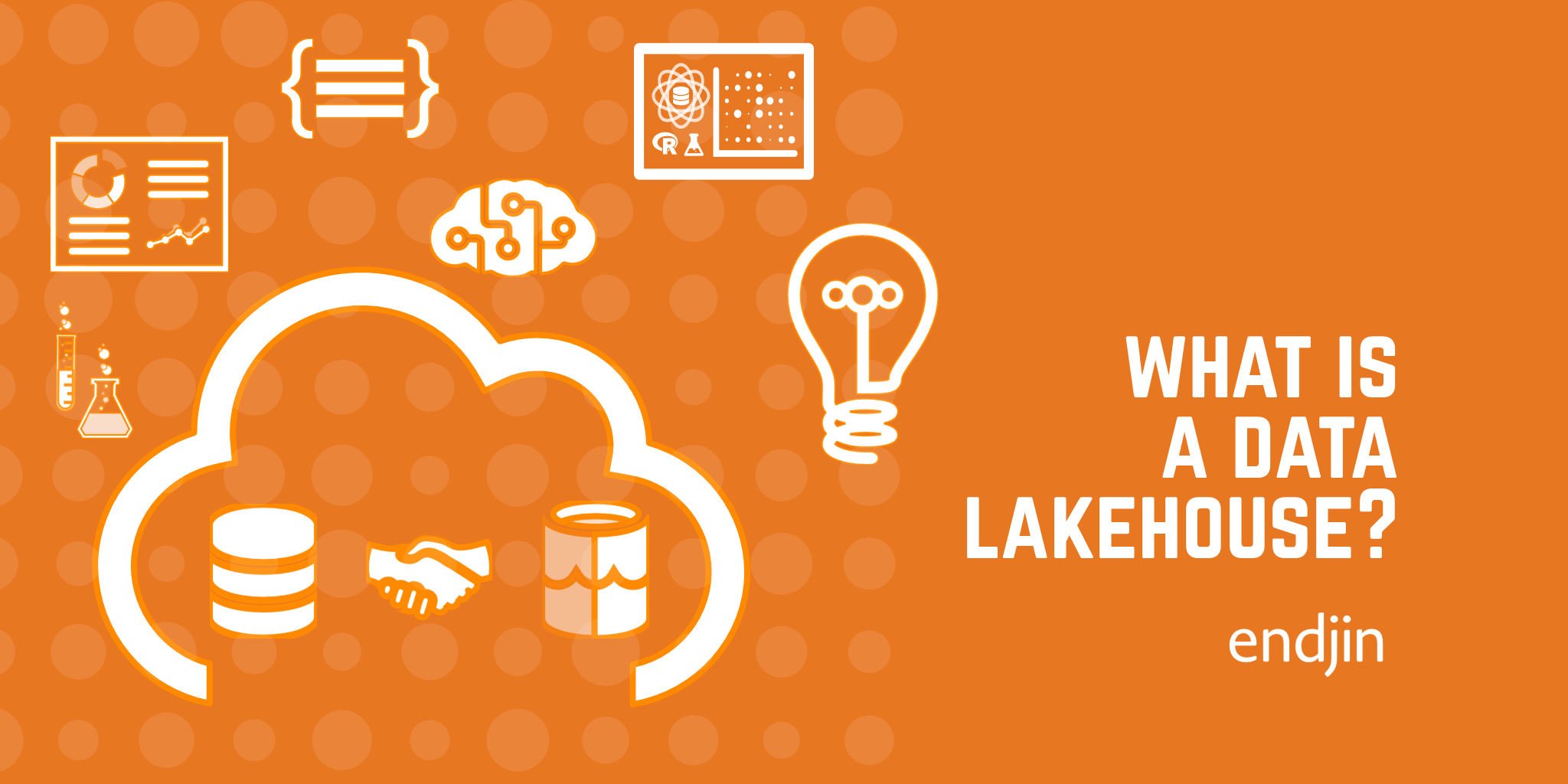
What is a Data Lakehouse?
What exactly is a Data Lakehouse? This blog gives a general introduction to their history, functionality, and what they might mean for you!

Creating Quality Gates in the Medallion Architecture with Pandera
This blog explores how to implement robust validation strategies within the medallion architecture using Pandera, helping you catch issues early and maintain clean, trustworthy data.

How to step into external code when debugging a Python Behave test in VS Code
Learn how to configure VS Code to enable stepping into external code when debugging a Python Behave test
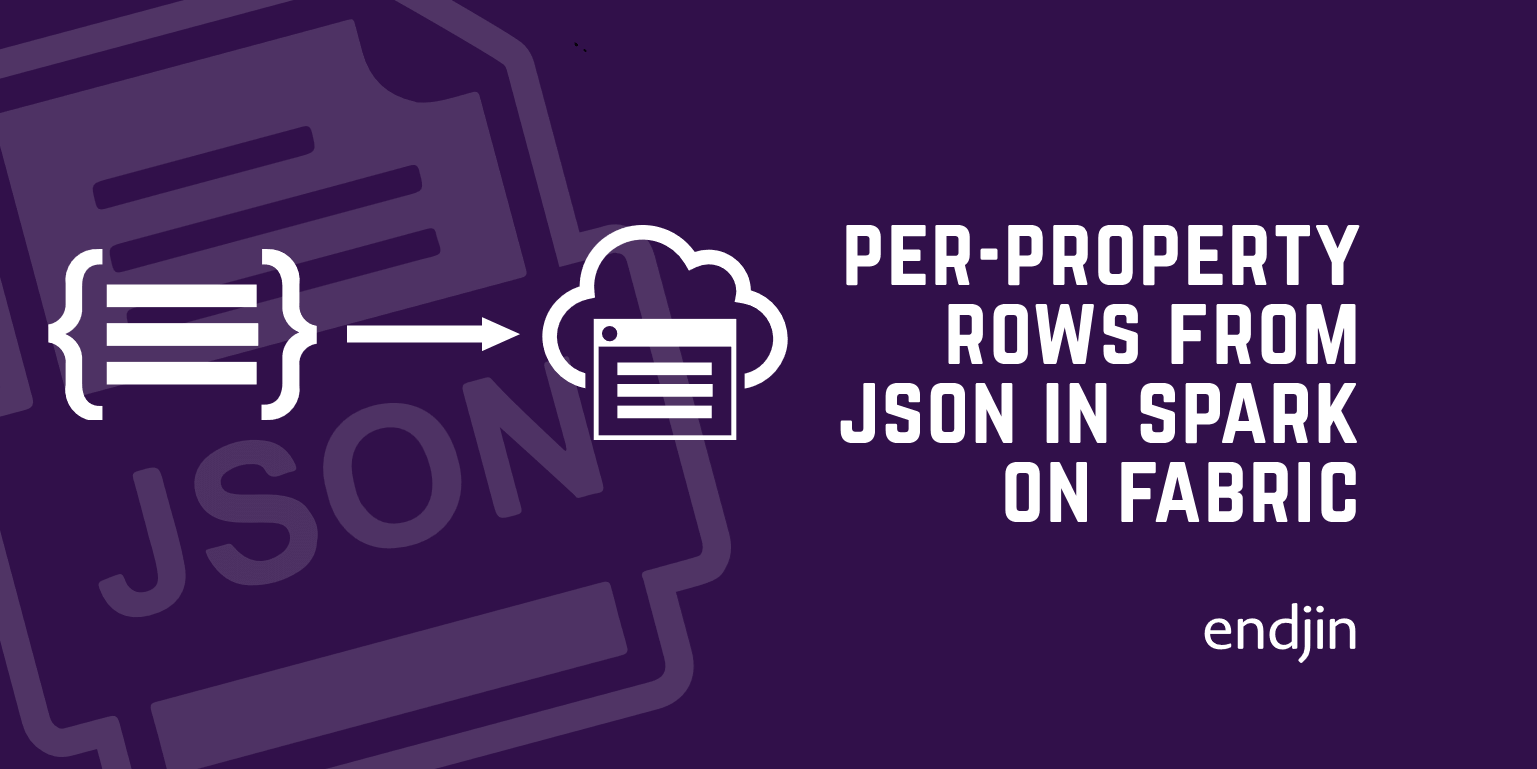
Per-Property Rows from JSON in Spark on Microsoft Fabric
Spark doesn't always interpret JSON how we'd like. For example, if each key/value pair in a JSON object is conceptually one item, Spark won't give you a row per item by default. This article shows how to nudge Spark in the right direction.
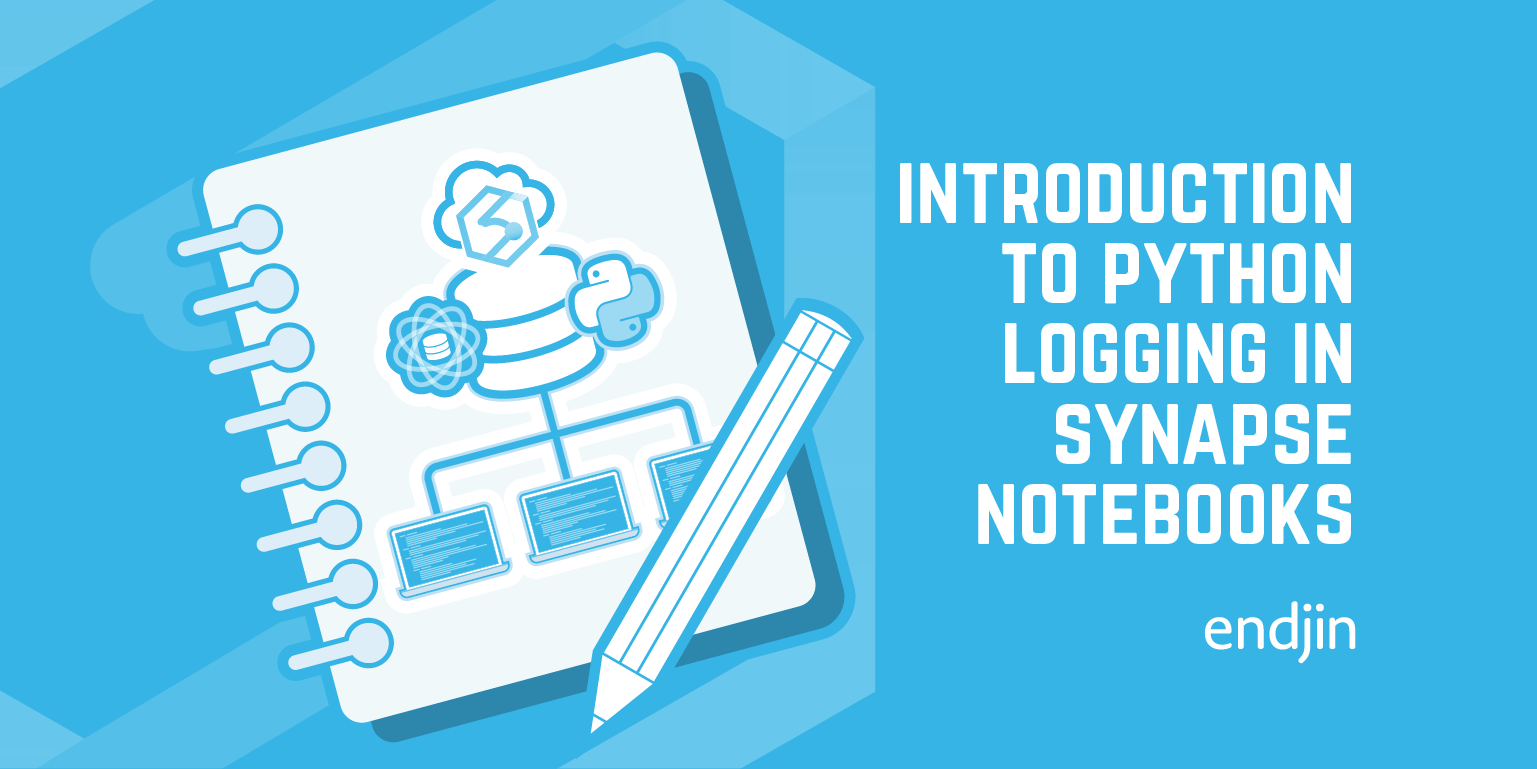
Introduction to Python Logging in Synapse Notebooks
The first step on the road to implementing observability in your Python notebooks is basic logging. In this post, we look at how you can use Python's built in logging inside a Synapse notebook.
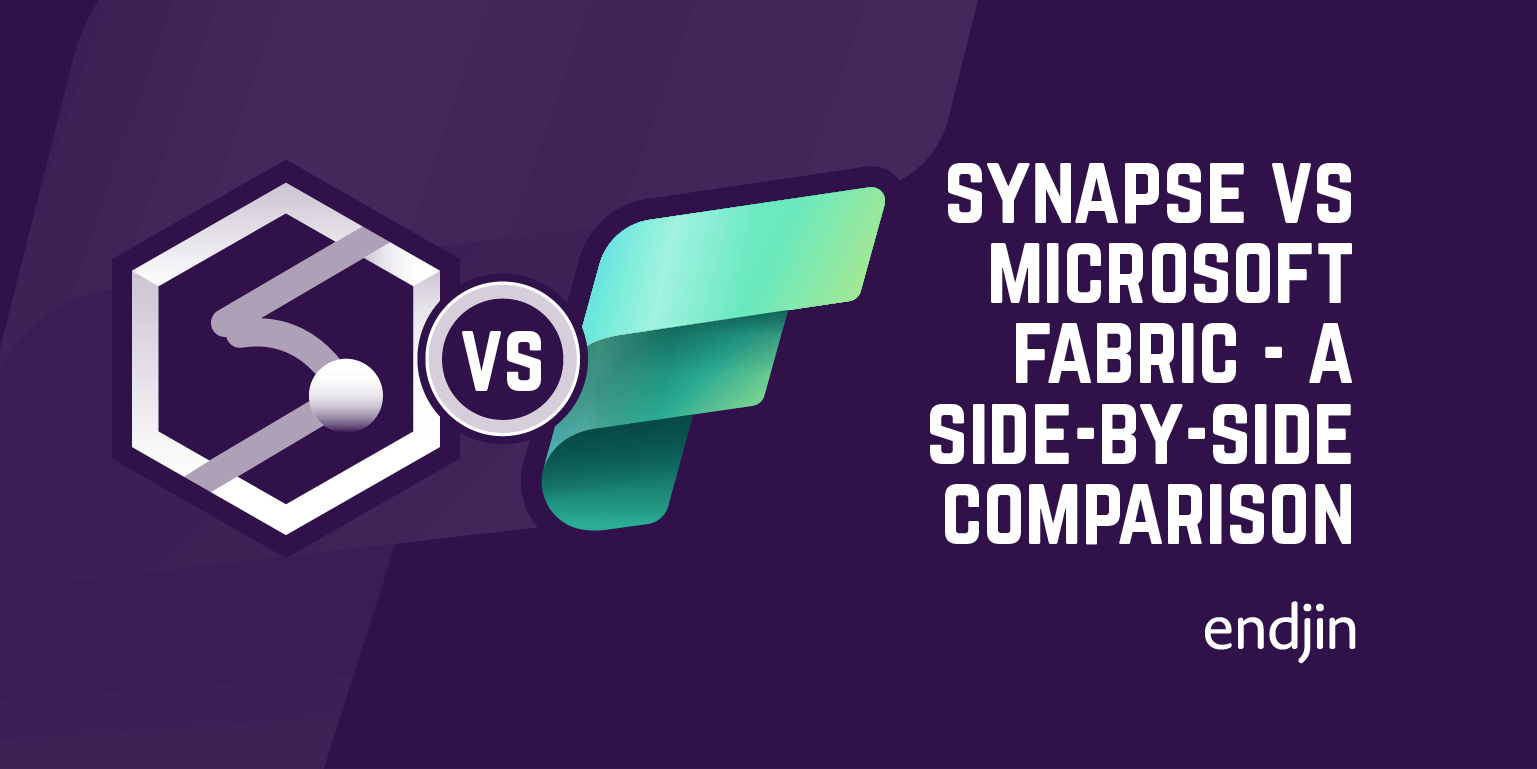
Azure Synapse Analytics versus Microsoft Fabric: A Side by Side Comparison
In this Microsoft Fabric vs Synapse comparison we examine how features map from Azure Synapse to Fabric.
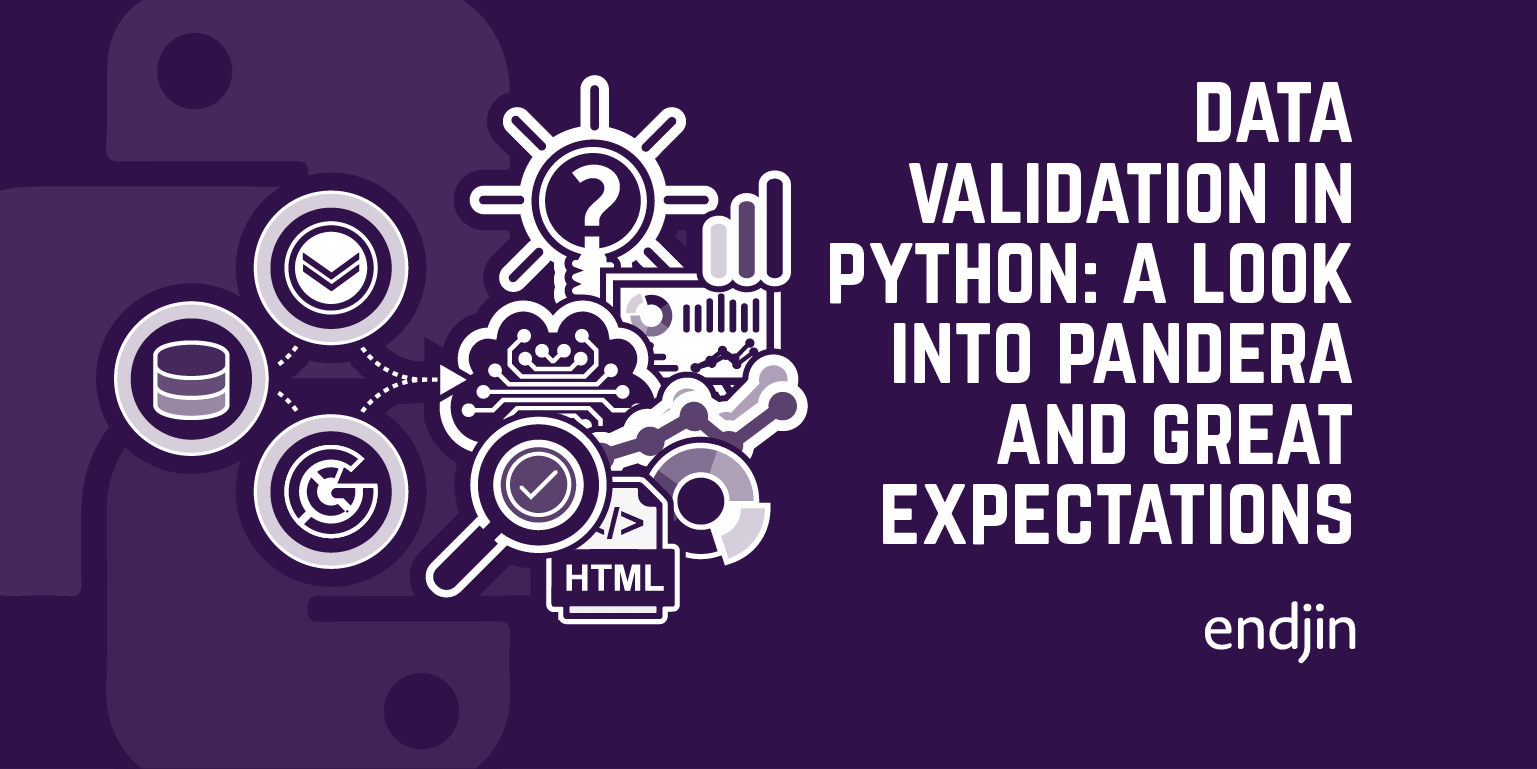
Data validation in Python: a look into Pandera and Great Expectations
Implement Python data validation with Pandera & Great Expectations in this comparison of their features and use cases.
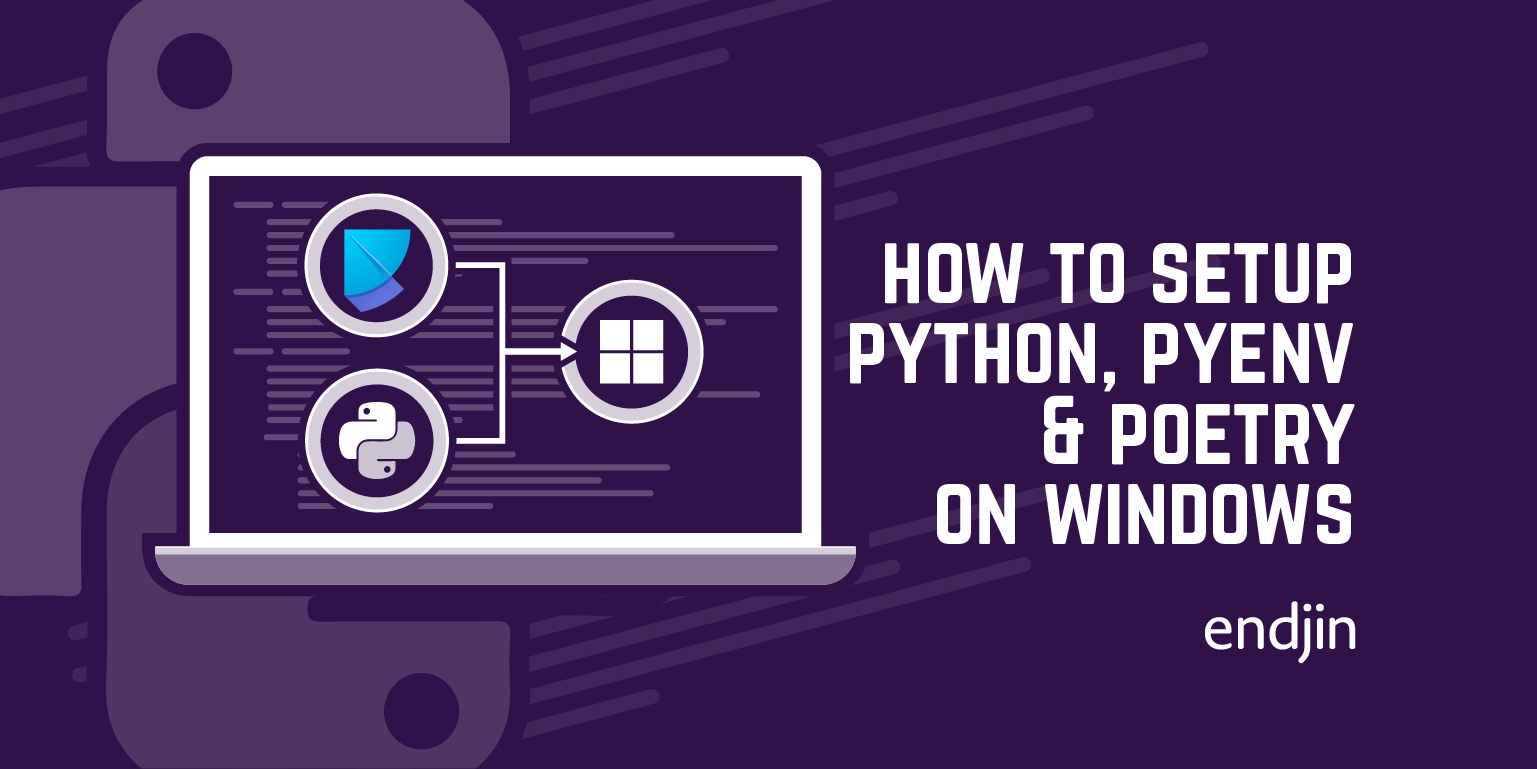
How to setup Python, PyEnv & Poetry on Windows
Explore using Python virtual environments & Poetry on Windows for smoother workflows, with a script & guide to enhance your dependency management experience.
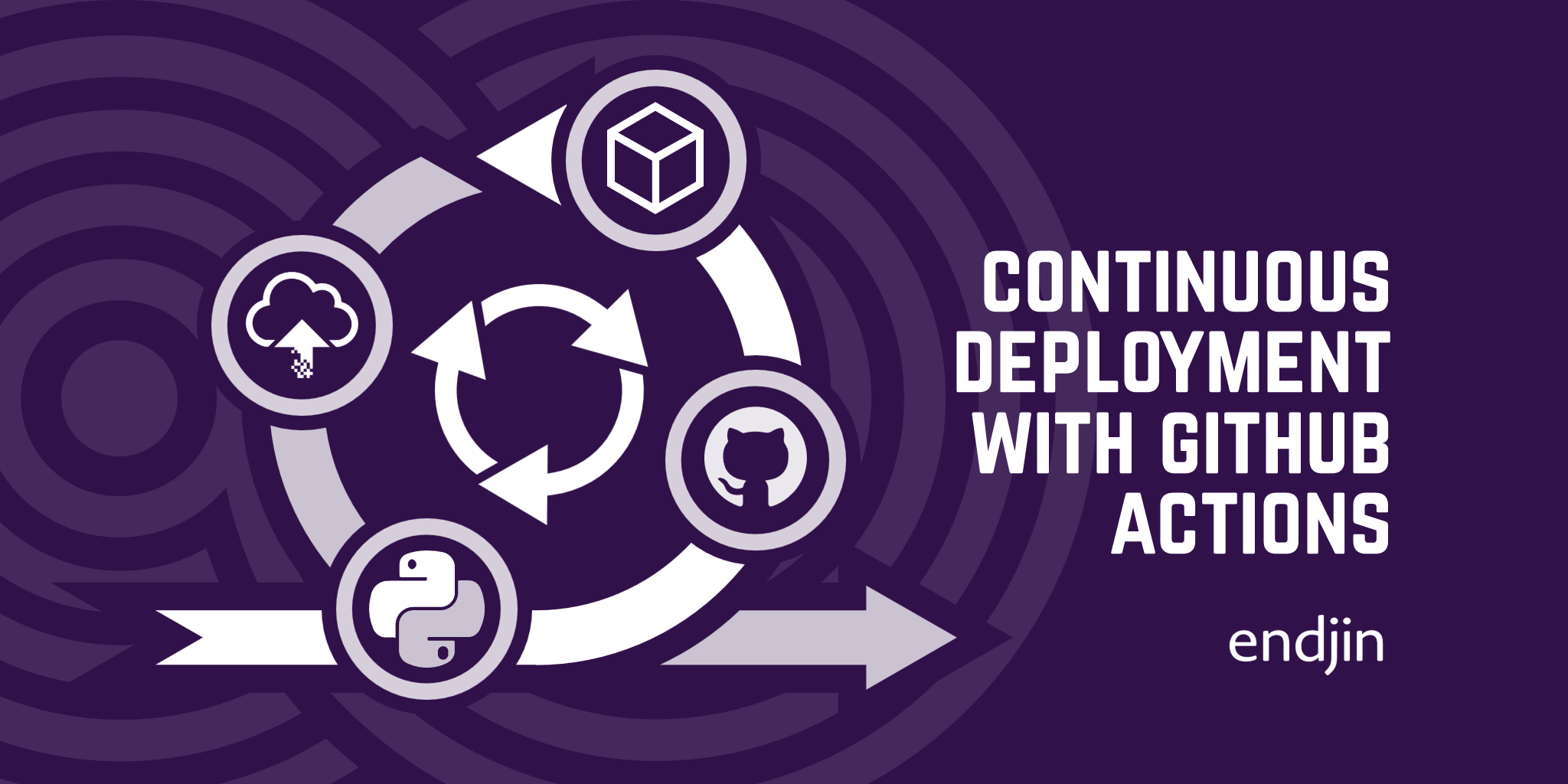
How To Implement Continuous Deployment of Python Packages with GitHub Actions
Discover using GitHub Actions for auto-updates to Python packages on PyPI, assessing its role in Continuous Deployment.
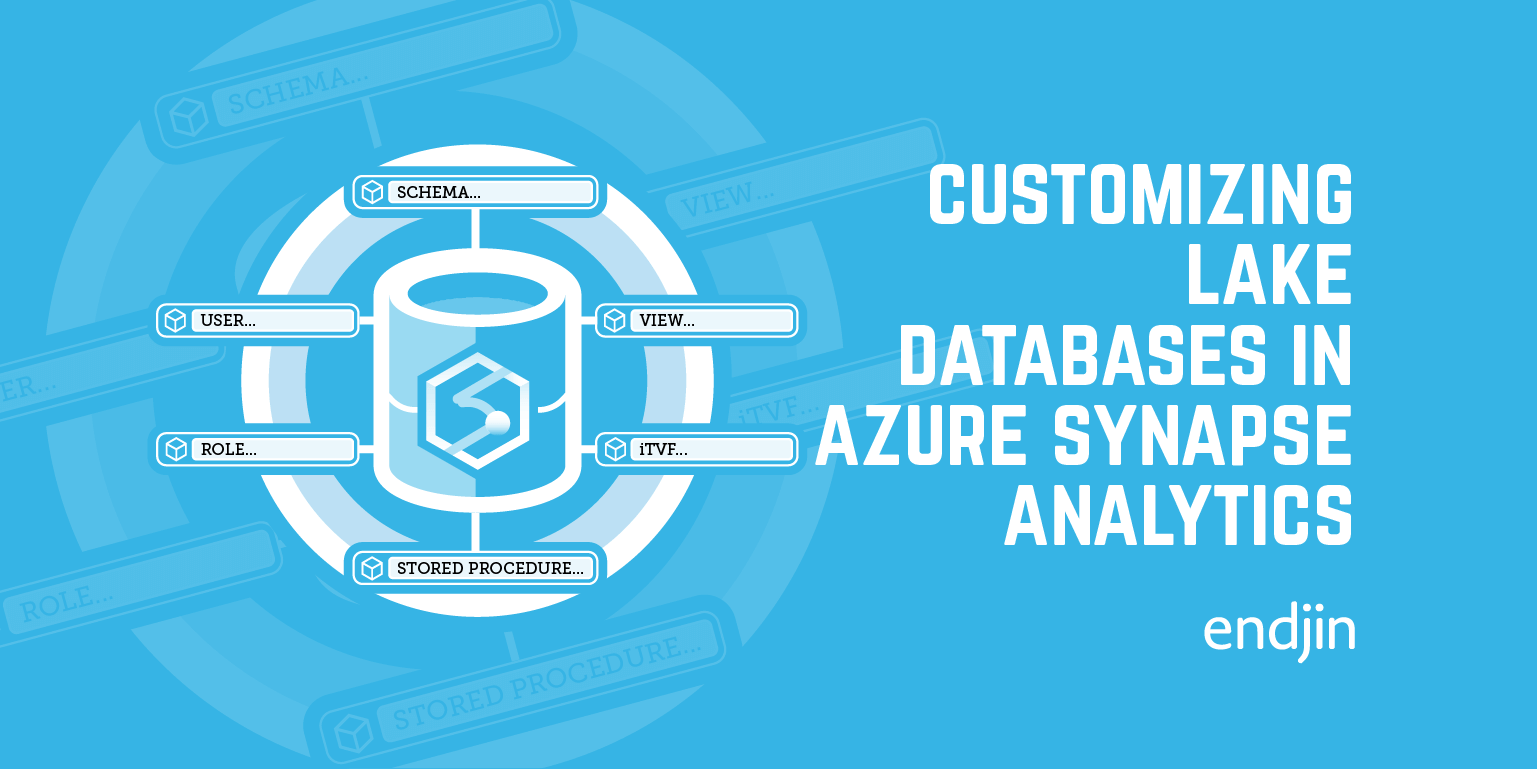
Customizing Lake Databases in Azure Synapse Analytics
Explore Custom Objects in Lake Databases for user-friendly column names, calculated columns, and pre-defined queries in Azure Synapse Analytics.
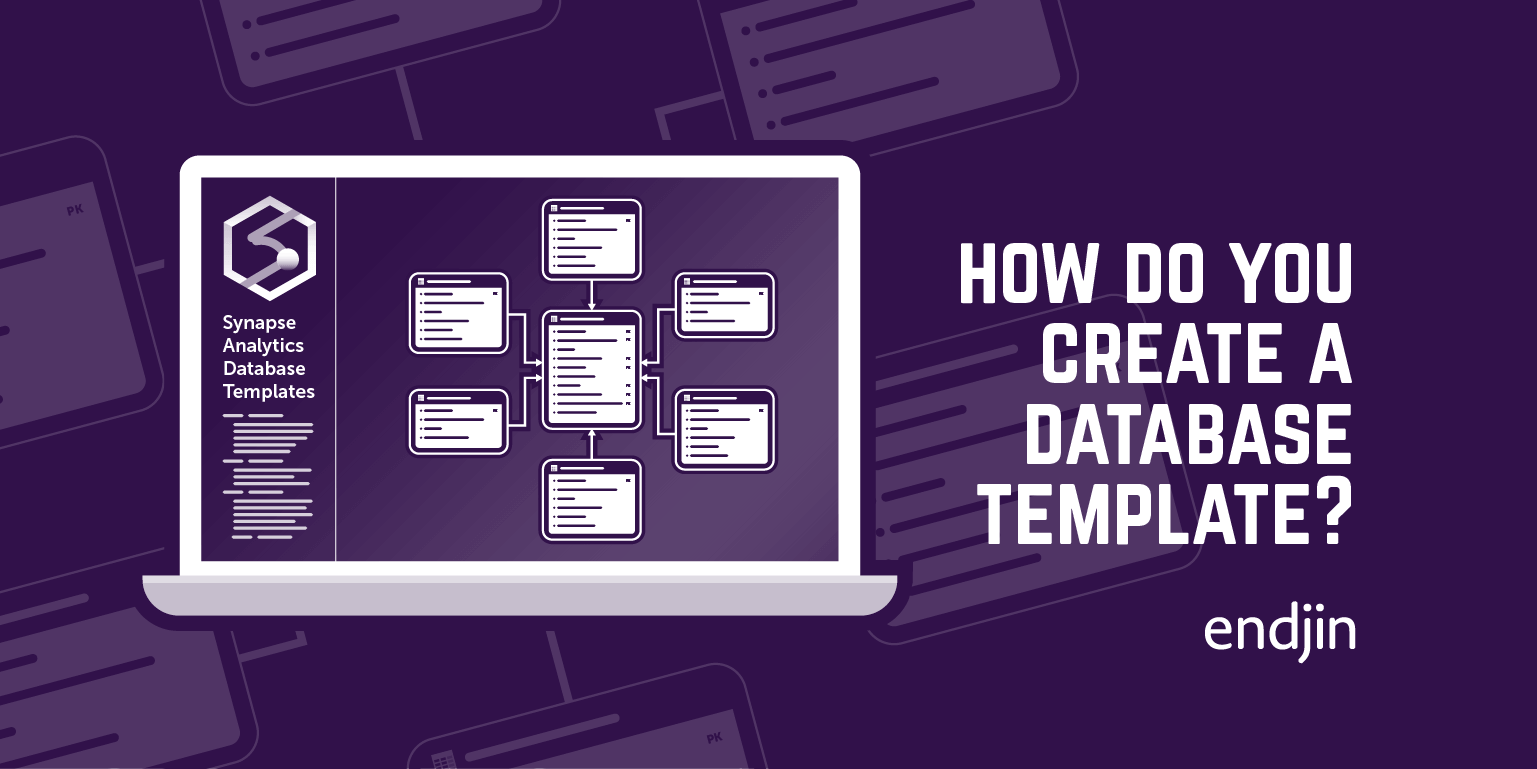
How to create a semantic model using Synapse Analytics Database Templates
Explore Azure Synapse Analytics Database Templates and learn to create semantic models in this 2nd blog of the series.
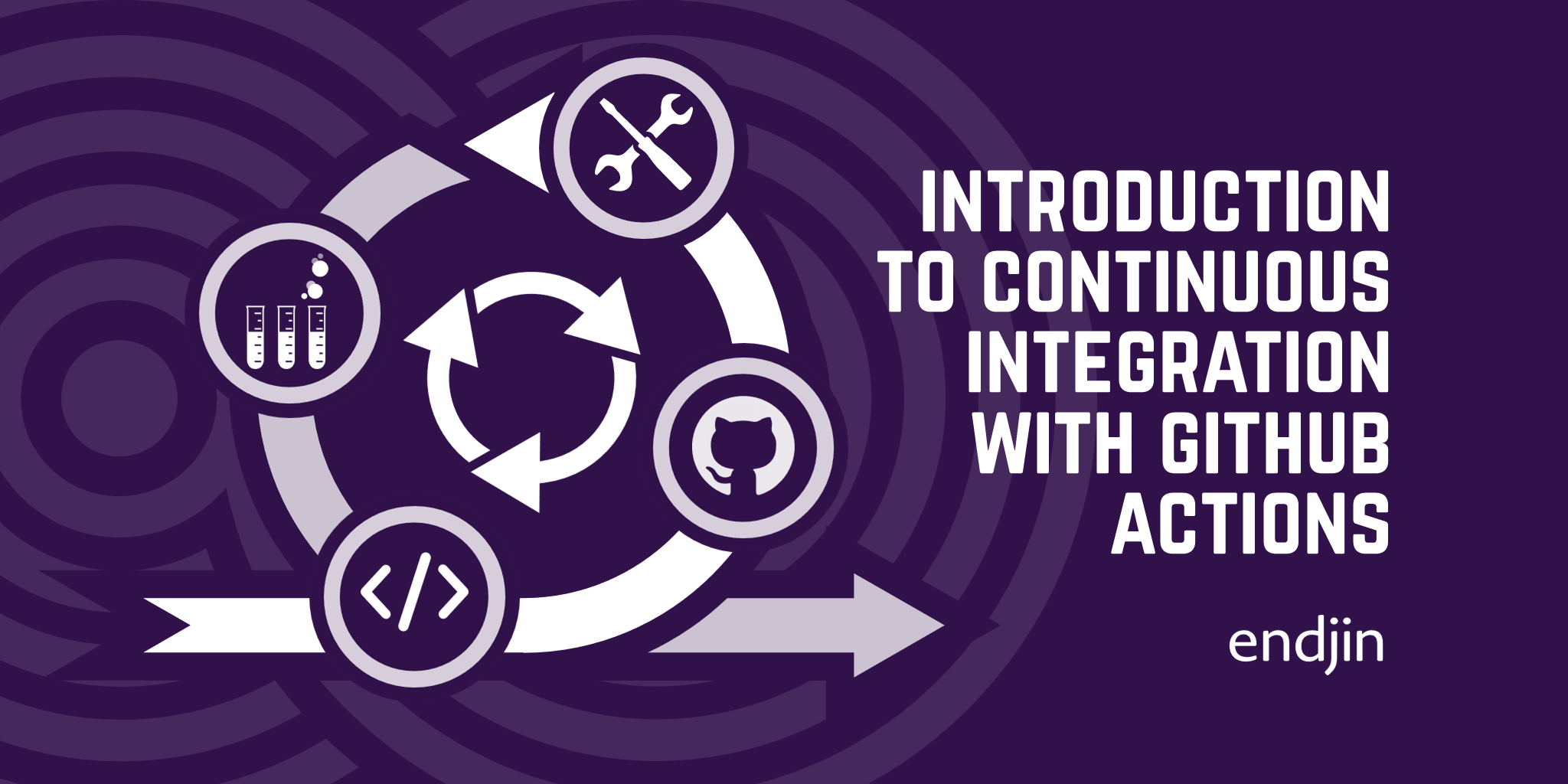
Continuous Integration with GitHub Actions
This post gives an overview of Continuous Integrations and shows how you can implement it with GitHub Actions, with an accompanying example Python project
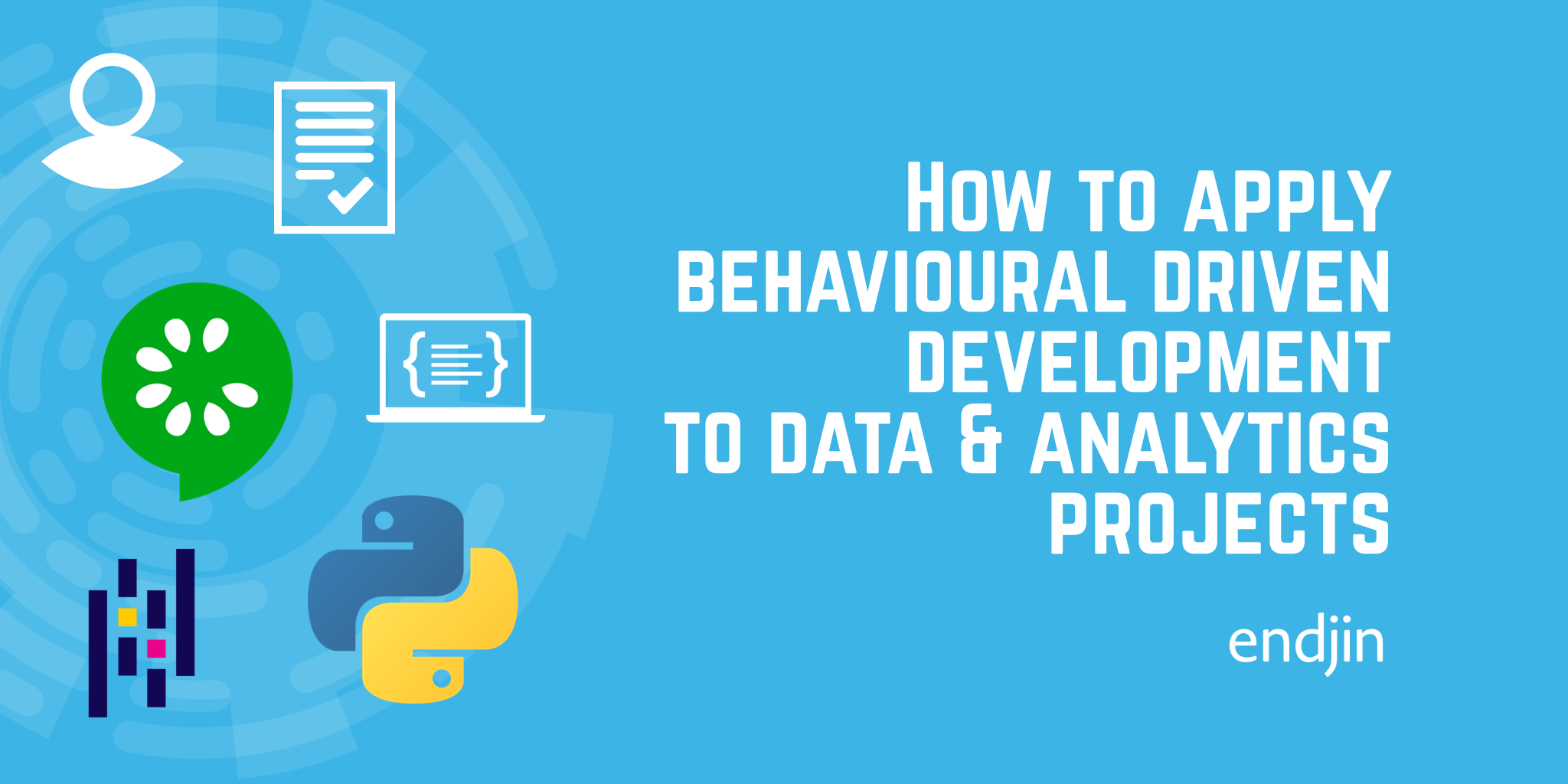
How to apply behaviour driven development to data and analytics projects
In this blog we demonstrate how the Gherkin specification can be adapted to enable BDD to be applied to data engineering use cases.
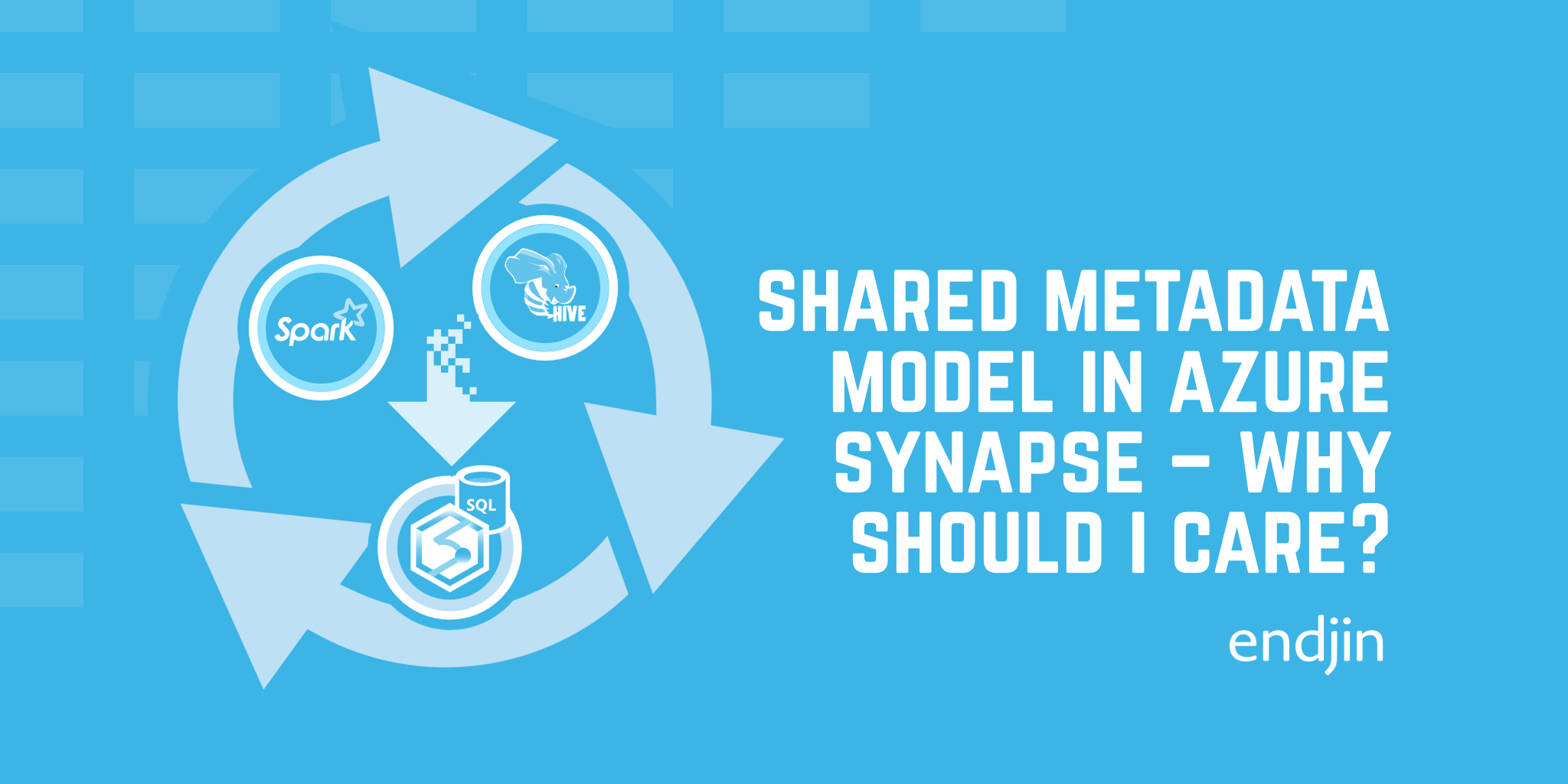
What is the Shared Metadata Model in Azure Synapse Analytics, and why should I use it?
Explore Azure Synapse's 'Shared Metadata Model' feature. Learn how it syncs Spark tables with SQL Serverless, its benefits, and tradeoffs.

Extract insights from tag lists using Python Pandas and Power BI
Discover how to extract insights from spreadsheets and CSV files using Pandas and Power BI in this blog post.
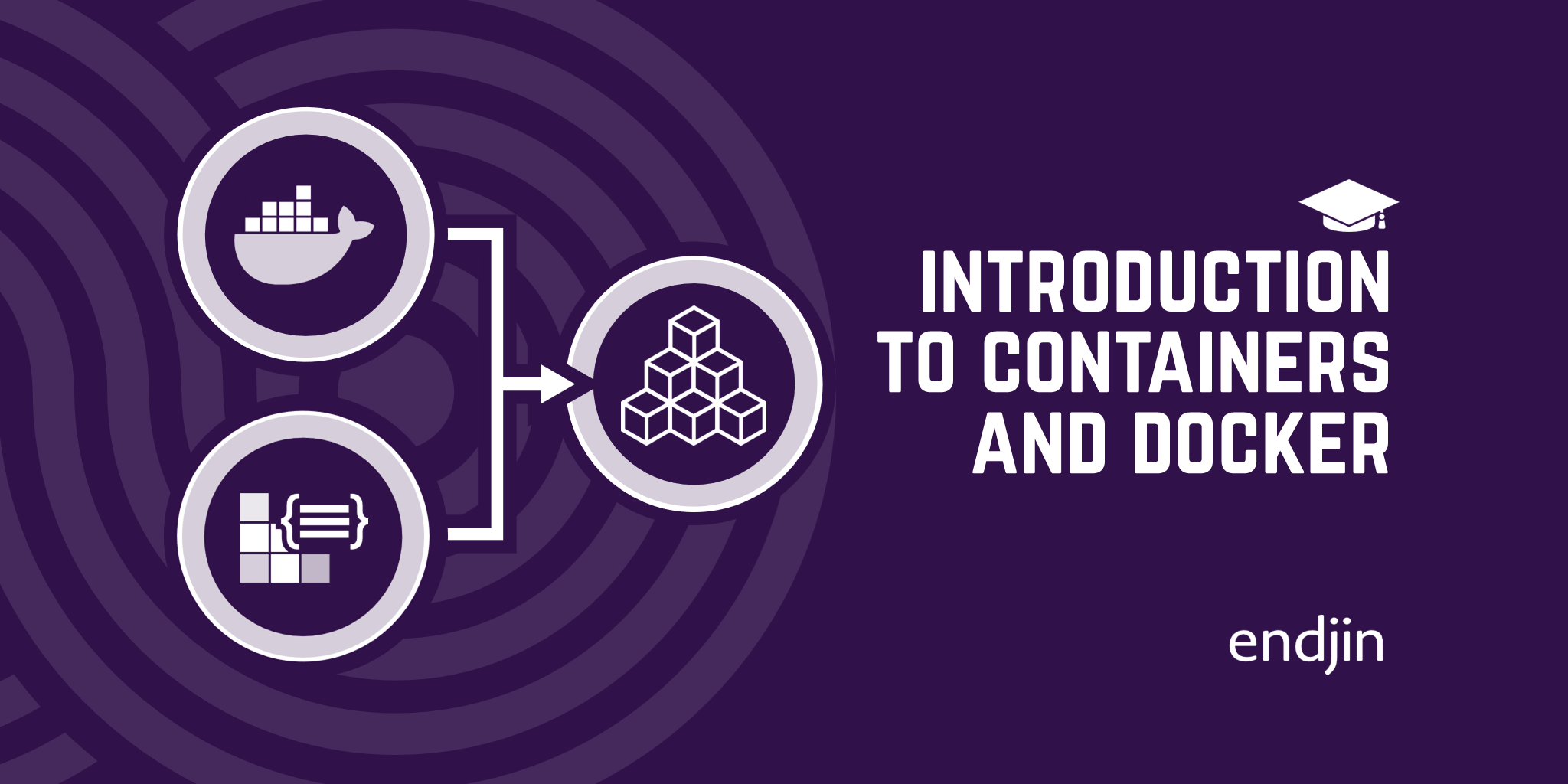
Introduction to Containers and Docker
Explore containerisation & Docker for app development & deployment. Learn to create containerised applications with examples in this intro guide.
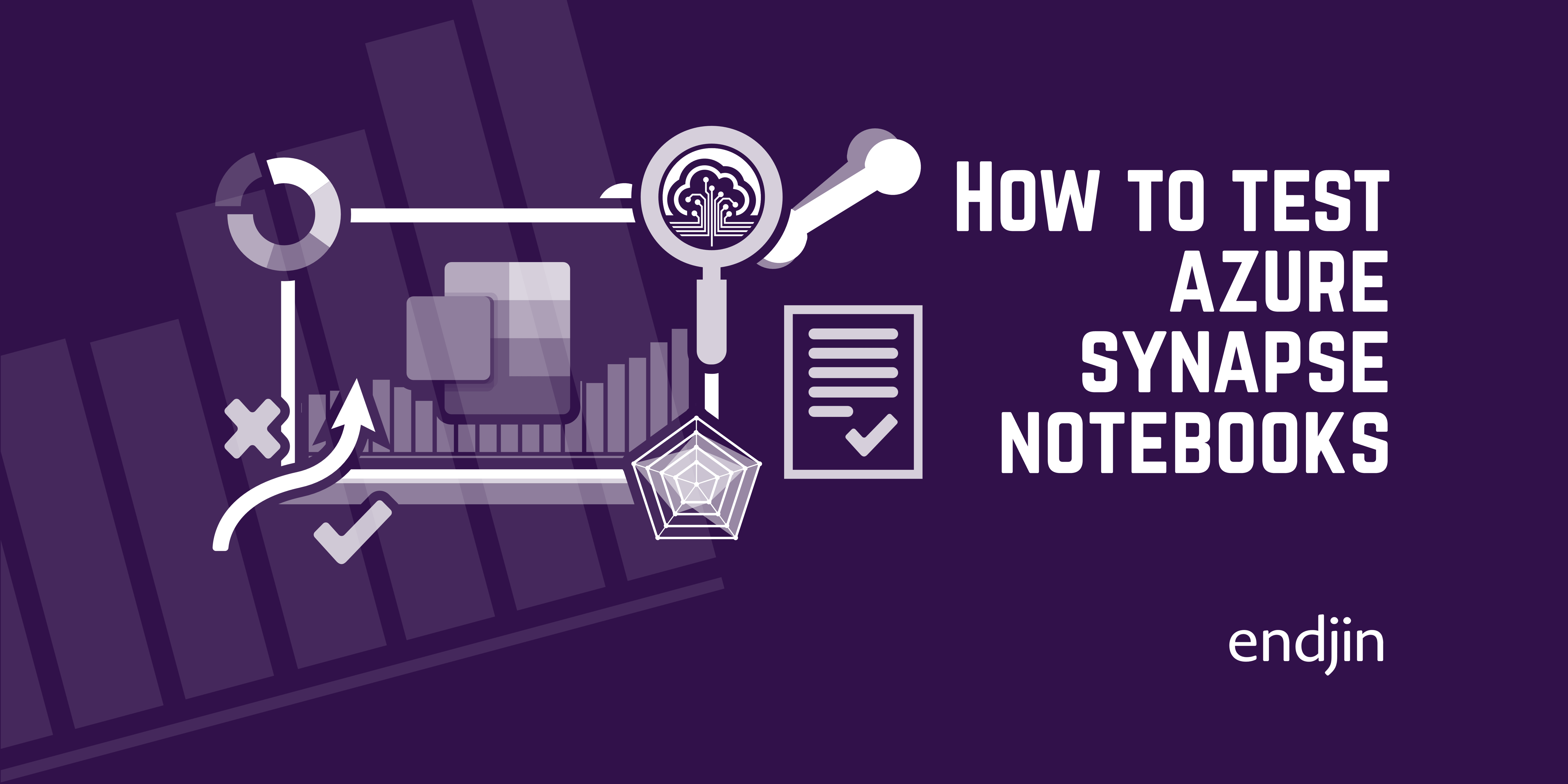
How to test Azure Synapse notebooks
Explore data with Azure Synapse's interactive Spark notebooks, integrated with Pipelines & monitoring tools. Learn how to add tests for business rule validation.
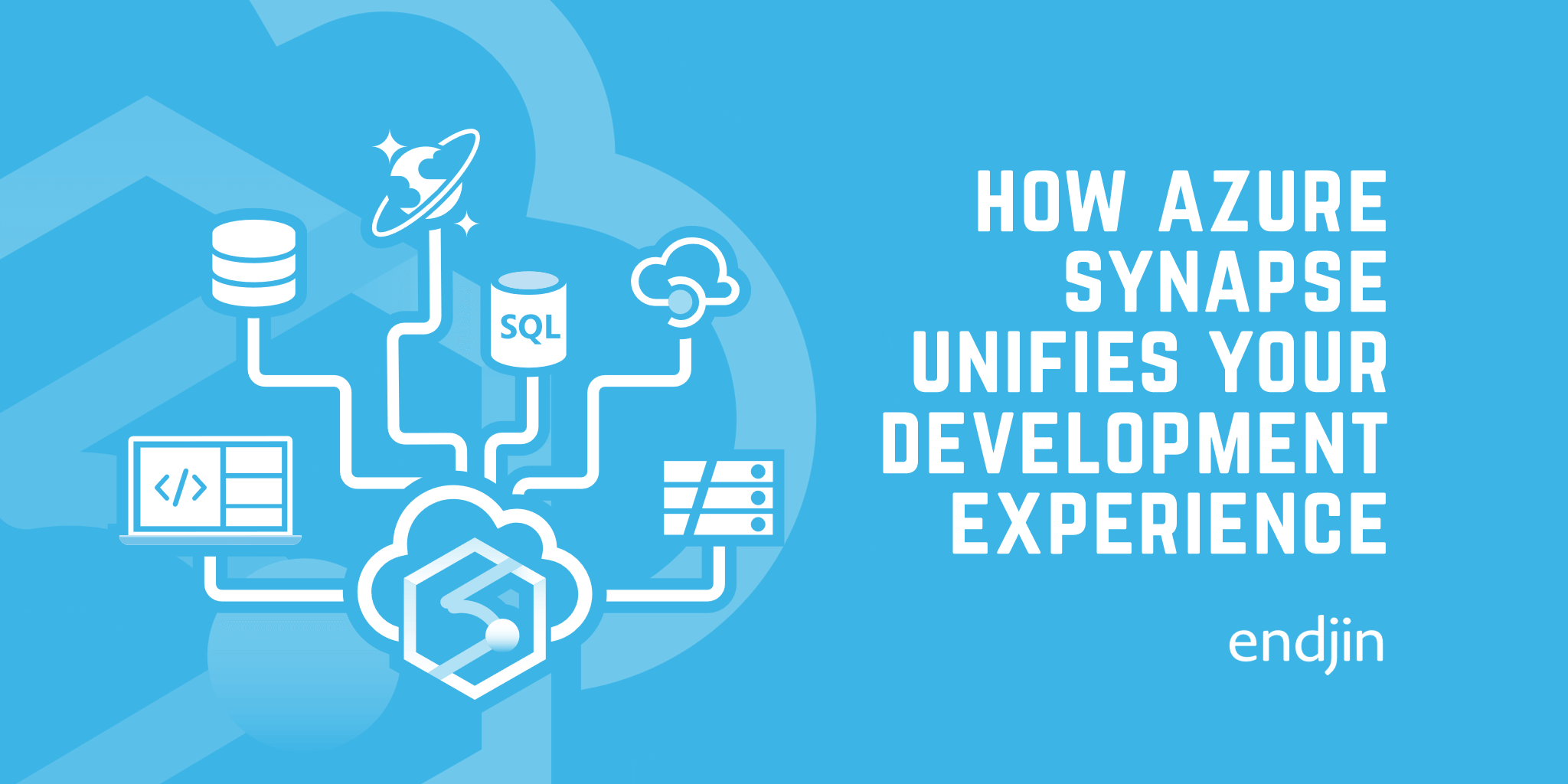
How Azure Synapse unifies your development experience
Modern analytics requires a multi-faceted approach, which can cause integration headaches. Azure Synapse's Swiss army knife approach can remove a lot of friction.
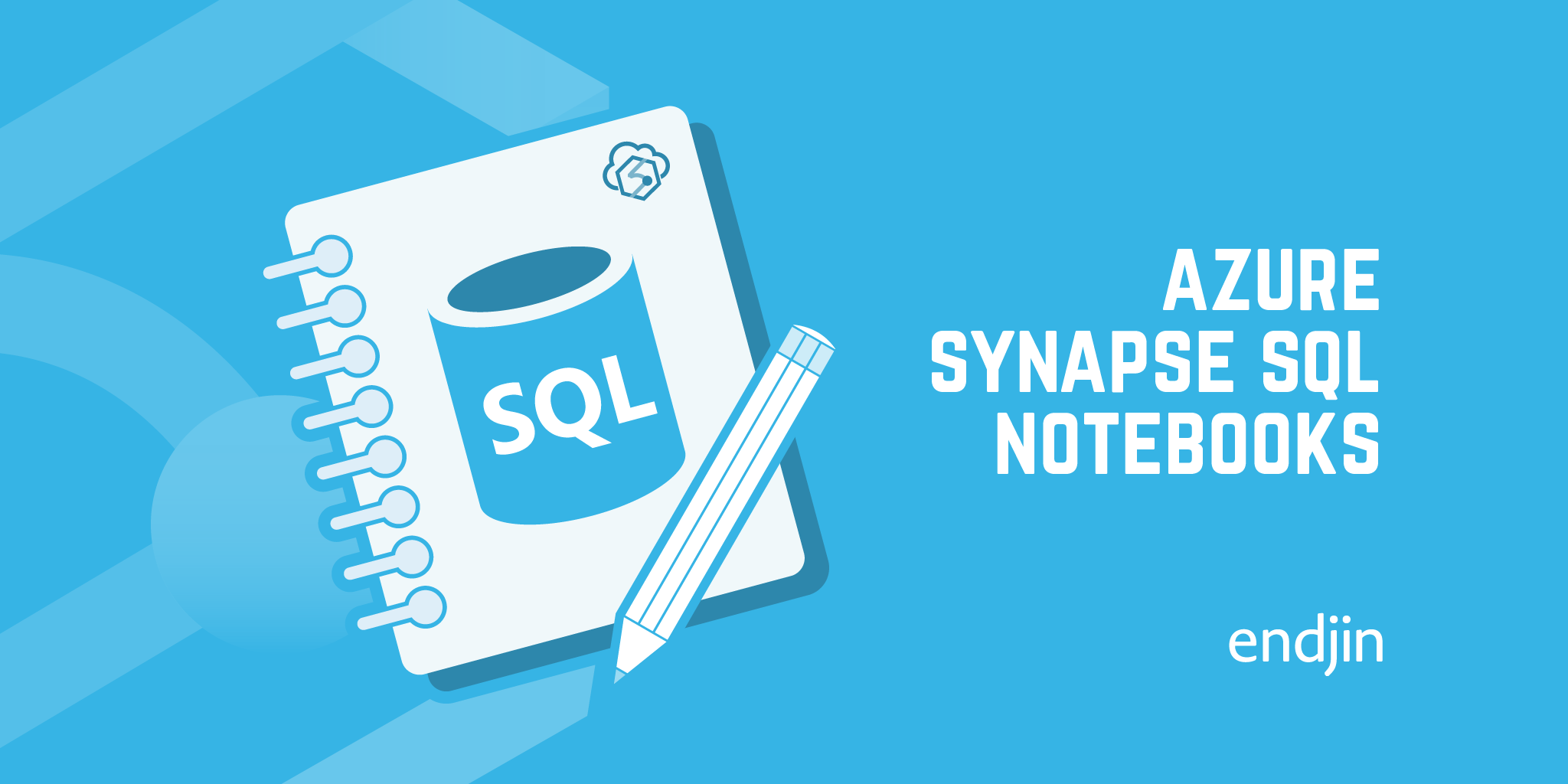
How to use SQL Notebooks to access Azure Synapse SQL Pools & SQL on demand
Wishing Azure Synapse Analytics had support for SQL notebooks? Fear not, it's easy to take advantage rich interactive notebooks for SQL Pools and SQL on Demand.
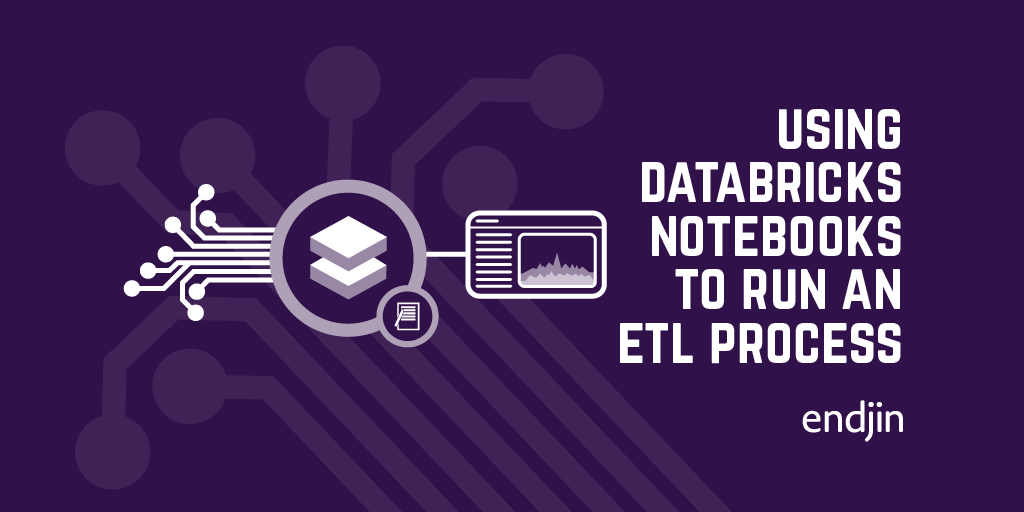
Using Databricks Notebooks to run an ETL process
Explore data analysis & ETL with Databricks Notebooks on Azure. Utilize Spark's unified analytics engine for big data & ML, and integrate with ADF pipelines.
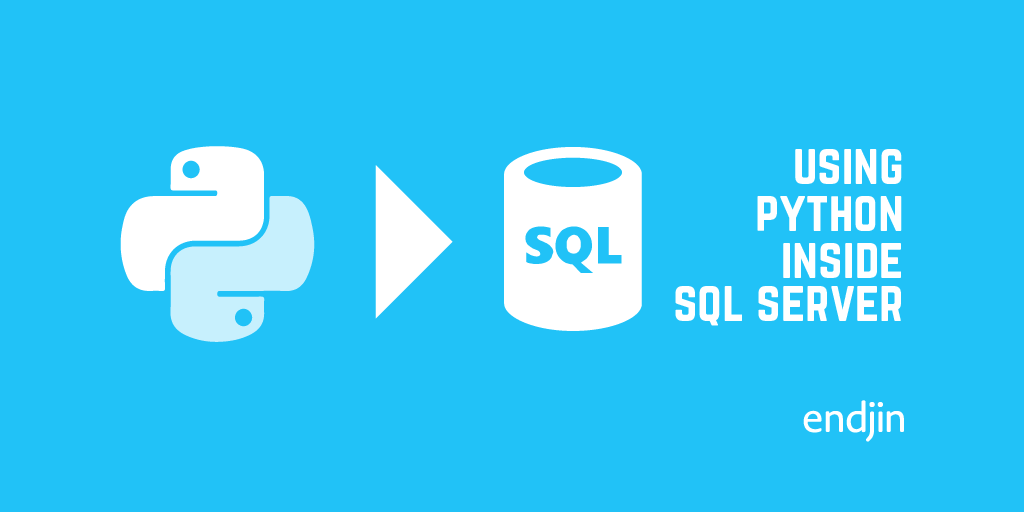
Using Python inside SQL Server
Learn to use SQL Server's Python integration for efficient data handling. Eliminate clunky transfers and easily operationalize Python models/scripts.